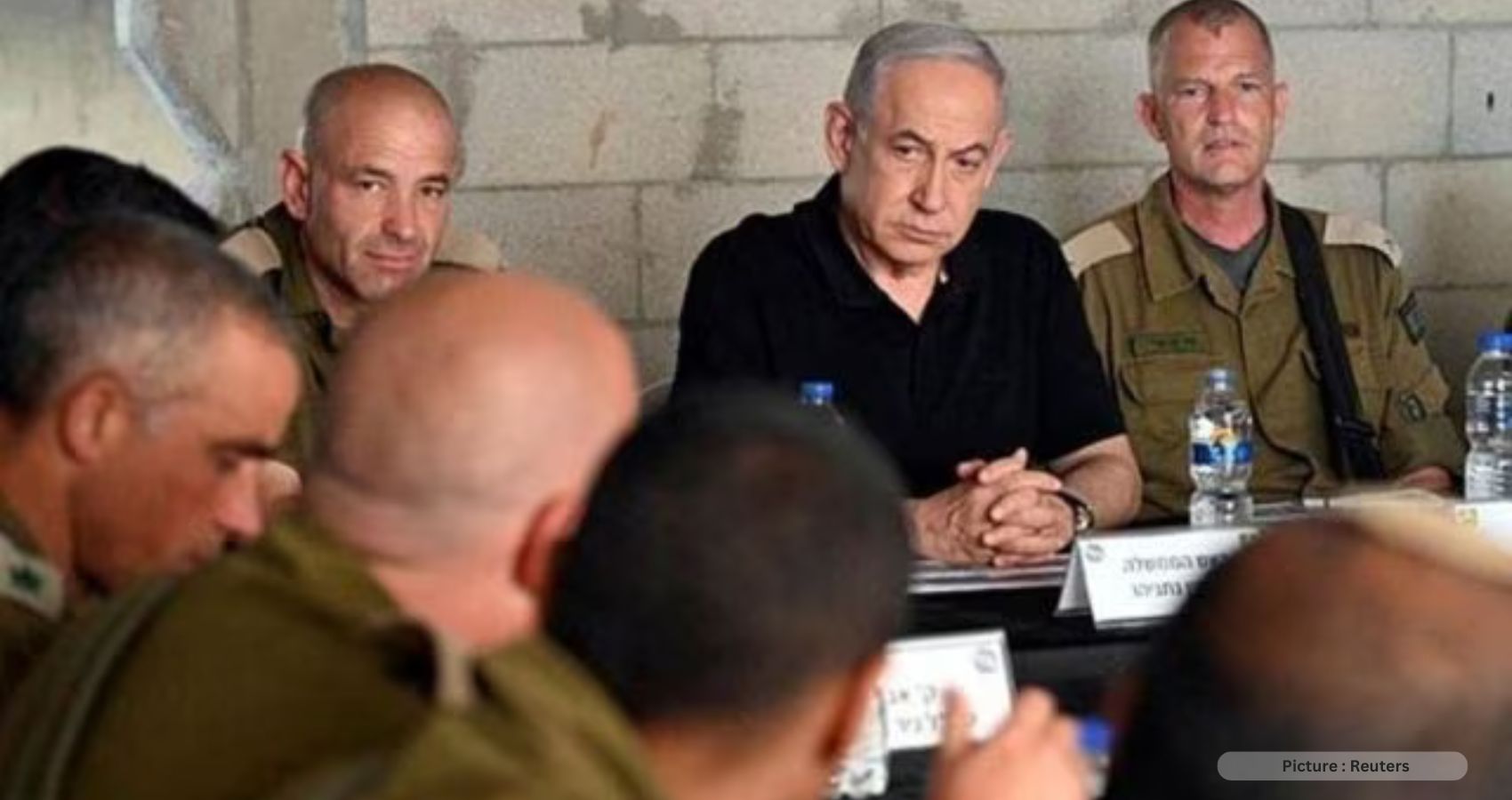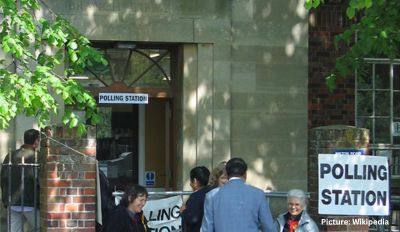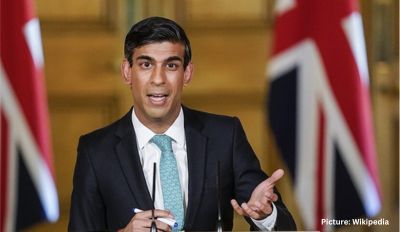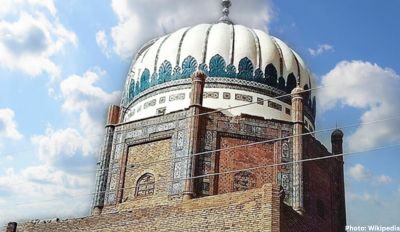Israeli airstrikes relentlessly targeted Gaza City overnight and persisted into Sunday, while ground forces engaged in intense battles with Hamas militants near the largest hospital in the area. Shifa Hospital, currently hosting thousands of medics, patients, and displaced individuals, faces a dire situation with no electricity and dwindling supplies. Prime Minister Benjamin Netanyahu, in a televised address on Saturday, dismissed international calls for a cease-fire unless it included the release of 239 hostages captured by Hamas in the October 7 incident that triggered the conflict. Netanyahu affirmed Israel’s commitment to using “full force” in the ongoing battle.
Israel’s objective in the conflict is to end Hamas’ 16-year rule in Gaza and dismantle its military capabilities. The blame for the severe impact on the 2.3 million Palestinians trapped in the besieged territory is placed on Hamas by Israel. The international community, including the United States, has exerted increasing pressure on Israel as the conflict extends into its sixth week. A gathering of 57 Muslim and Arab nations in Saudi Arabia called for an end to the war, and around 300,000 pro-Palestinian demonstrators marched peacefully through London in the largest protest since the war’s commencement.
Heavy Clashes Near Shifa Hospital Raise Concerns
Gaza City residents reported extensive airstrikes and shelling overnight, particularly in the vicinity of Shifa Hospital. Israel has accused Hamas of concealing a command post within the hospital compound, an allegation denied by both Hamas and hospital staff. Shifa Hospital, already in a precarious state, faced further challenges when its last generator ran out of fuel on Saturday. This resulted in the tragic deaths of a premature baby, another child in an incubator, and four additional patients. Hospital director Mohammed Abu Selmia, amidst gunfire and explosions, highlighted that Israeli troops were restricting movement within and outside the hospital.
The World Health Organization lost communication with contacts at Shifa, and the International Committee of the Red Cross director general, Robert Mardini, emphasized the urgency of addressing the “unbearably desperate situation” at the hospital. The Palestinian Red Crescent reported that Israeli tanks were in close proximity to al-Quds hospital in Gaza City, causing extreme panic among the 14,000 displaced people sheltering there.
Netanyahu Outlines Postwar Plans Amid Criticism
Netanyahu, in response to mounting criticism and calls for a cease-fire, reiterated Israel’s stance that the responsibility for harm to civilians lies with Hamas. Contrasting with the U.S. vision for the postwar scenario, Netanyahu outlined plans for Gaza’s demilitarization, with Israel retaining security control and the ability to enter Gaza freely to combat militants. He rejected the idea of the Palestinian Authority gaining control of Gaza, emphasizing that Hamas had driven the PA’s forces out in 2007.
Secretary of State Antony Blinken expressed the U.S. opposition to an Israeli reoccupation of Gaza and envisioned a unified Palestinian government overseeing both Gaza and the West Bank as a step toward Palestinian statehood. Tensions between Israel and Saudi Arabia were evident as Saudi Arabia welcomed Iran’s President Ebrahim Raisi in the first such visit since the two nations mended ties.
Divergent Views on Conducting the Conflict
While Israel’s allies defend its right to protect itself, differences are emerging on how Israel should conduct the conflict. The U.S. advocated for temporary pauses to allow the distribution of aid to civilians, but Israel has agreed only to brief daily periods for civilians to flee the northern Gaza combat zone. Tens of thousands have already fled the north, but Israel’s strikes, claiming to target militants, extend to central and southern Gaza, resulting in civilian casualties.
The conflict, now in its second month, has displaced over two-thirds of Gaza’s population. Egypt has allowed foreign passport holders and medical patients to exit through the Rafah crossing, but aid workers emphasize that the current relief efforts are insufficient. The Health Ministry in Gaza reported over 11,000 Palestinian deaths, with concerns about thousands missing or trapped under rubble. Meanwhile, 46 Israeli soldiers have been killed, and Hamas continues to launch rockets into Israel.
Amidst this, thousands of Israelis rallied in Tel Aviv for the return of hostages, while in Caesarea, protesters called for Netanyahu’s removal. Over 250,000 Israelis have been evacuated from communities near Gaza and along the northern border with Lebanon, where tensions persist between Israeli forces and Hezbollah militants.











